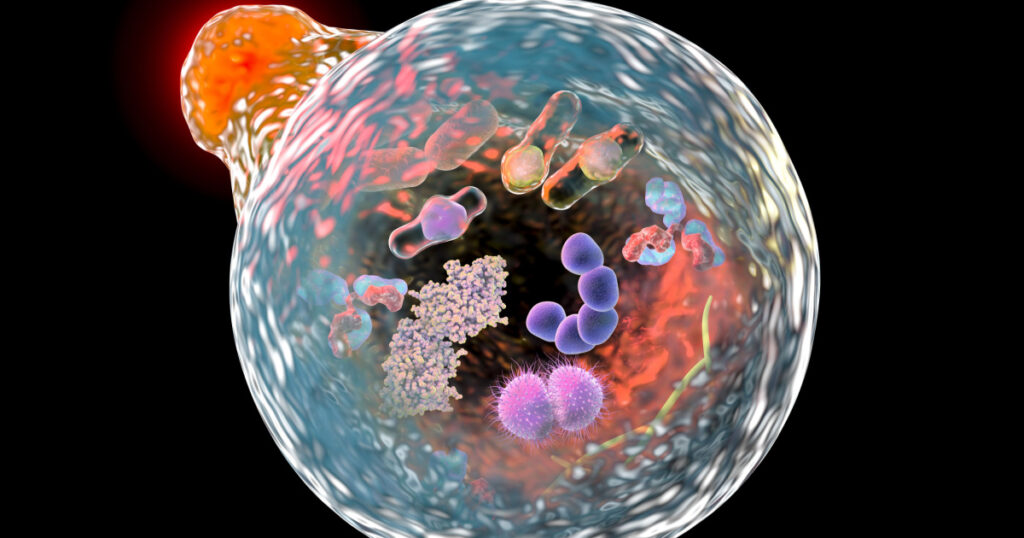Water fasting, a practice where individuals consume only water and abstain from food for a specific period, has garnered significant attention in recent years due to its purported health benefits.1 However, while some enthusiasts believe in its potential advantages, it’s crucial to approach water fasting with cautious skepticism. The existing evidence supporting its effectiveness remains limited, and this fasting approach is not without potential risks.
This article delves into the potential effects of water fasting on the immune system, aging, and heart disease, examining both its potential benefits and drawbacks in the context of the available research.
Understanding Water Fasting and its Variations
At its core, water fasting involves abstaining from consuming any form of food or beverages except water for a specified duration. This method falls under the broader umbrella of intermittent fasting, which includes various strategies like Alternate Day Fasting (ADF), the 5:2 diet, and Time-Restricted Eating (TRE). Although water fasting might result in temporary reductions in body weight and blood pressure, it’s vital to recognize that achieving “clinically significant” weight loss, typically defined as over 5% from baseline, isn’t consistently observed with all fasting variations.2
Impact on Body Weight and Metabolism
One of the immediate effects of water fasting is a short-term reduction in body weight. However, it’s important to understand that the weight loss experienced during this process primarily stems from water loss, carbohydrate depletion, and a minor degree of muscle mass reduction. It’s critical to acknowledge that this swift decrease in weight might not be sustainable over time and could potentially lead to dehydration if proper hydration isn’t maintained.4
Potential Benefits of Water Fasting
Autophagy

Emerging from animal studies, intriguing evidence suggests that water fasting could trigger autophagy—a cellular process responsible for breaking down and recycling aged cellular components. This mechanism, if induced, might play a role in protecting against various diseases, including cancer, Alzheimer’s, and heart disease. However, the translatability of these findings to humans demands further investigation and exploration.
Blood Pressure and Heart Health
